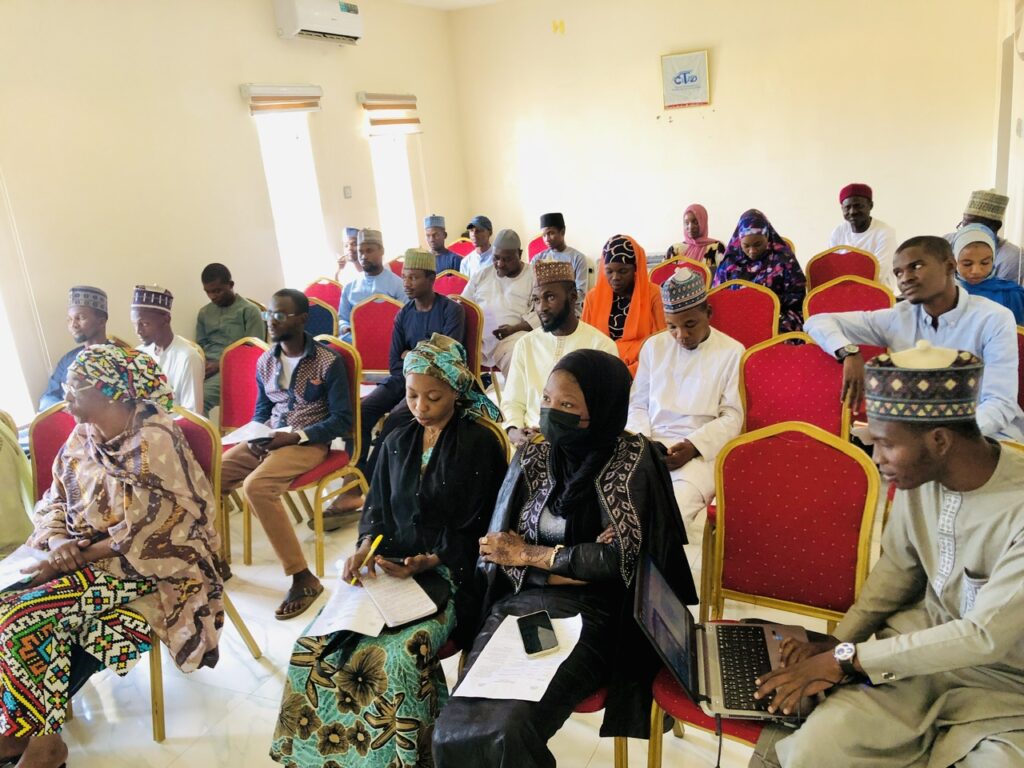By Mustapha Salisu
The Centre for Information Technology and Development (CITAD) on Tuesday commenced a three-day program for labour leaders and union educators in Kano State, aimed at revitalizing trade union education and strengthening collective representation of workers across the country.
Speaking at the opening session, the Executive Director of CITAD, Engr. Y.Z. Ya’u, emphasized the importance of empowering trade union members with not only conventional skills of negotiation and advocacy, but also critical knowledge about the broader political and policy contexts that shape workers’ rights and welfare.
“The program is designed to revive trade union education so that union members are better equipped with skills and knowledge to effectively represent workers, including through collective bargaining, to win meaningful victories for their members,” Engr. Ya’u said.
He, however, noted that the initiative goes beyond traditional “bread and butter unionism,” adding that the essence of the labour movement must include a broader concern for how politics and public policies shape industrial relations and social conditions.
“Trade unionists must pay attention to political processes and policy directions. These policies affect the space in which unions operate, and union members should have the analytical skills to critique existing frameworks and propose viable alternatives,” he explained.
Engr. Ya’u further linked the program to CITAD’s core mission of building an active and conscious citizenry capable of driving societal transformation. According to him, true societal change is only possible when the people themselves are transformed into active agents of progress.
“Over the past decade, many civil society efforts have been limited to passive engagements such as election and budget monitoring. While these are important, they do not in themselves transform society. We believe that by building the capacity of people to engage critically and actively in all spheres of life not just elections, we can spark meaningful change” he said.
Engr. Ya’u also pointed out the risks of passive union membership, noting that when union members fail to demand accountability or question leadership, unions become weak and vulnerable to government control.
“If you have passive members who are not critical, unions become docile. But if you build a culture of accountability and active engagement within the unions, then the movement regains its vitality and independence,” he stated.
He described the Institute as an experimental initiative, calling on participants to critically engage with the process, share experiences, and apply the knowledge gained in their respective unions, institutions, and organizations.

